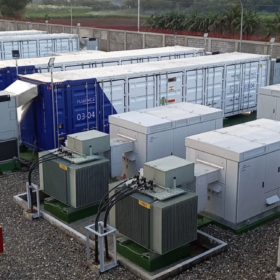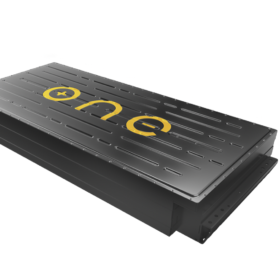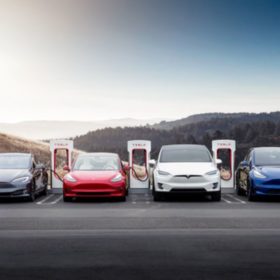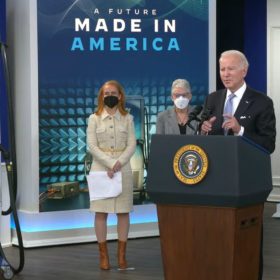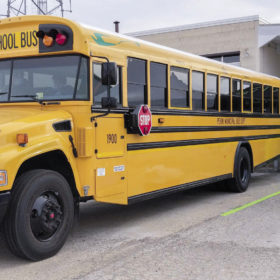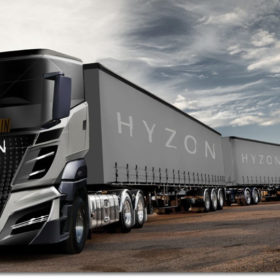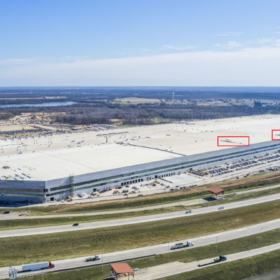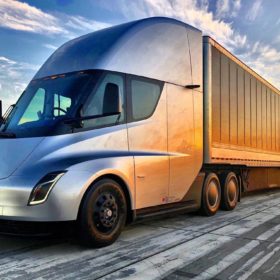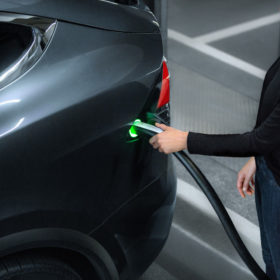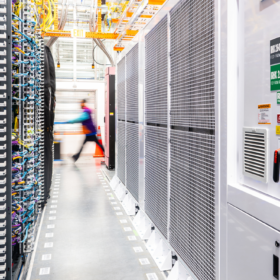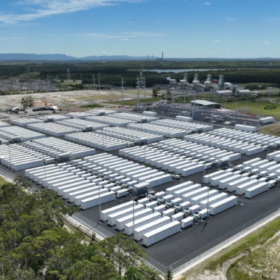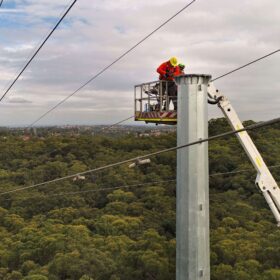Battery prices won’t fall until 2024: IHS Markit
The London-based analyst has published a series of clean tech predictions for the year which also highlighted the rising proportion of sub-5MW solar projects in the global market, and cheaper clean energy financing costs even as panel prices continue to rise.
EV battery manufacturer demonstrates 1200km range, raises $88 million
The US battery manufacturer Our Next Energy (ONE) has said it will use the funding led by BMW to accelerate its R&D and build a US manufacturing facility.
Australia’s Core Lithium signs four-year supply deal with Tesla
With the global demand for lithium accelerating, Australian miner Core Lithium has inked a deal to supply United States-based electric vehicle and battery maker Tesla with up to 110,000 tonnes of lithium spodumene concentrate.
U.S. President provides backing for Brisbane-based EV charging company
Australian electric vehicle charging powerhouse Tritium continues to make inroads in the international market with United States President Joe Biden providing his backing for the company after it announced it will develop a new DC fast-charger manufacturing facility in the southern state of Tennessee.
Sunday read: V2G driving grid changes
The uptake of EVs in the years ahead will add up to staggering battery capacity, mostly sitting idle on driveways. The two-way flow of electricity from EV batteries, known as vehicle to grid, could not only enable power systems to rely on intermittent renewables, but could also be the trump card for network operators to respond to grid disturbances. However, there are still a few catches to be worked out, as Marija Maisch explains.
Hydrogen vehicle maker Hyzon links with RACV to establish Melbourne headquarters & deliver tow trucks
U.S.-based hydrogen vehicle maker Hyzon has announced Melbourne will soon be home to its Australian headquarters as part of a newly formed partnership with RACV, which will see the pair develop a purpose-built facility for Hyzon out of RACV’s Noble Park operation in the city’s south east.
Tesla Energy results up, but mixed, for 2021; solar makes nary a sound on quarterly call
On the company’s Q4 earnings call, the world-leading EV manufacturer again prioritised delivering cars over growing low-margin energy storage products, while solar products were barely noted. Both verticals grew though, solar by 68% and storage by 32%.
Endua lands grant to commercialise modular hydrogen-powered energy solution
Queensland clean energy start-up Endua’s ambitious plan to manufacture modular hydrogen-powered energy generation and storage systems has been given a financial boost with the Federal Government providing the company with almost $1 million to help it commercialise the innovative technology.
Australian Trucking Association pushing for shift to electric
With the spotlight shining bright on the nation’s transport industry as the Covid pandemic causes widespread disruptions to supply chains, the Australian Trucking Association has been quick to make the most of the attention, calling for urgent reform to deliver a new era of electric trucks in Australia.
Tesla turns to Australian company to secure material for its EVs
Electric vehicle giant Tesla has inked an offtake deal with Australian miner Syrah Resources to supply battery-ready graphite as concerns over raw materials shortages continue.
